US-Israeli bomb hoaxer given 10 year jail sentence
- Published
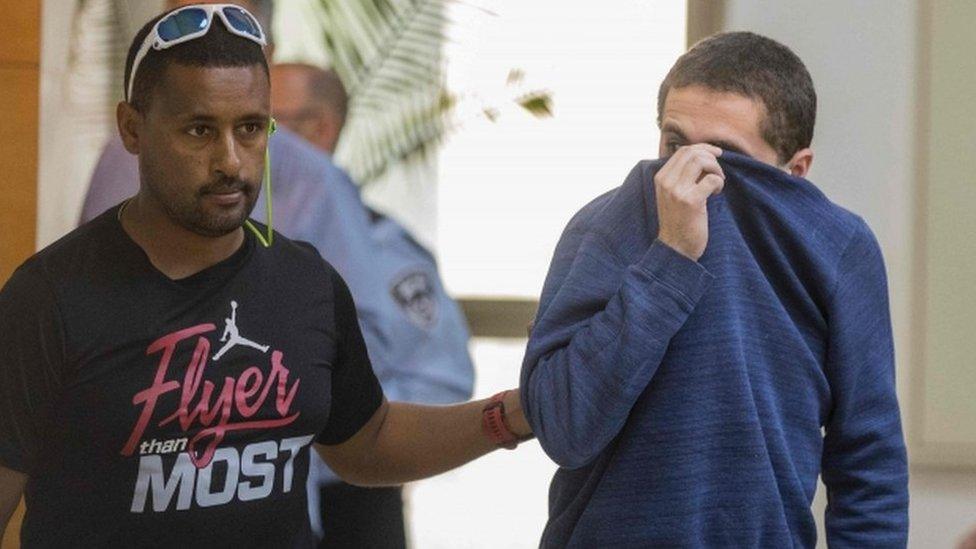
Michael Ron David Kadar (R) was arrested in the Israeli town of Ashkelon in March 2017
An American-Israeli man has been sentenced to 10 years in jail after being convicted of making thousands of hoax threats to Jewish centres in the US, UK and other countries.
Michael Ron David Kader, 20, from southern Israel, was found guilty in June of making more than 2,000 threats.
He threatened to bomb or attack Jewish schools, community centres, police stations, airports and airlines.
It led to fears among Jewish leaders of a resurgence in anti-Semitism.
In February 2017, several British Jewish schools were targeted and the Jewish Museum in London was evacuated after bomb threats attributed to him.
In other incidents, a British Airways flight from London to New York was evacuated and searched after landing, and French and Swiss fighter jets were scrambled ready to intercept an El Al flight.
Bomb threats were also made to a number of Jewish community centres in parts of the US, and the Israeli embassy and Anti-Defamation League in Washington DC.
Kadar was arrested in the Israeli town of Ashkelon in March 2017 following a joint investigation by the Israeli and US authorities, including the FBI.
His trial was told he used the internet to make hoax telephone calls to the US, UK, Canada, New Zealand and Australia - often disguising his voice as a woman, and using sophisticated software to cover his tracks.
Some of the offences were committed while he was under the age of 18.
Kadar's parents argued that he had a brain tumour that caused autism and other mental problems, and that he should not be considered legally competent.
'Our son is not responsible for his actions'
But the judge, while acknowledging Kadar was autistic, said he "has a high IQ and understands his deeds very well".
The ruling from the Tel Aviv district court for youth said that Kadar would have received a much longer sentence if not for his medical condition.
Kadar was not named in Israeli courts because he was tried as a minor, but he was identified in indictment papers issued by the US., external
- Published11 September 2017
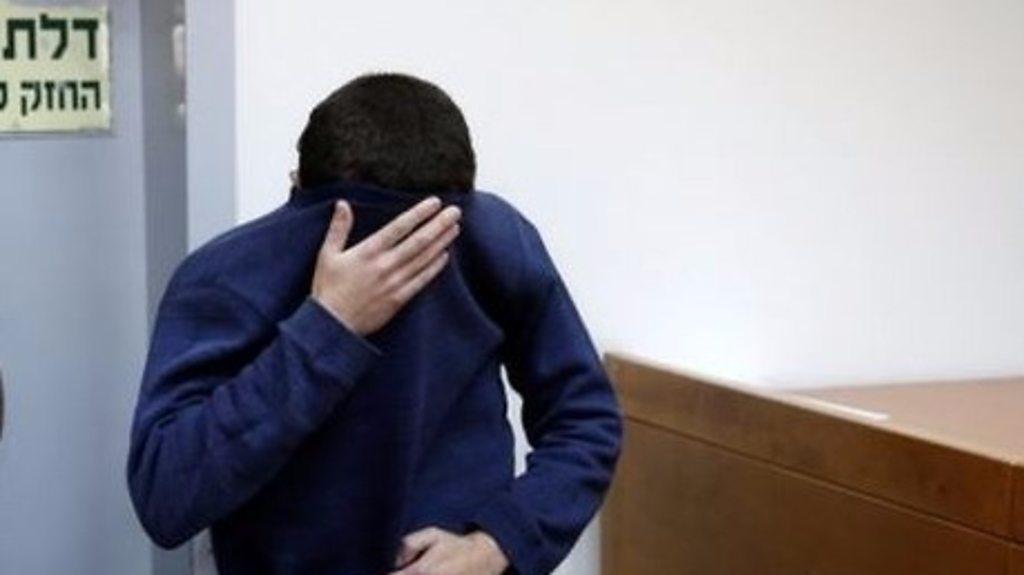
- Published23 March 2017
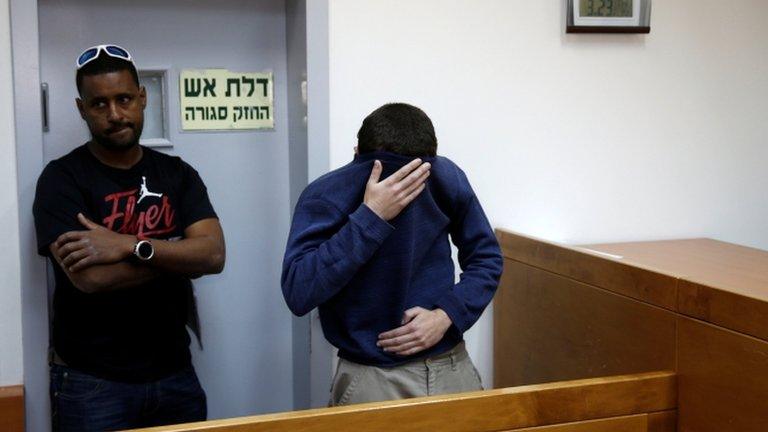
- Published3 March 2017
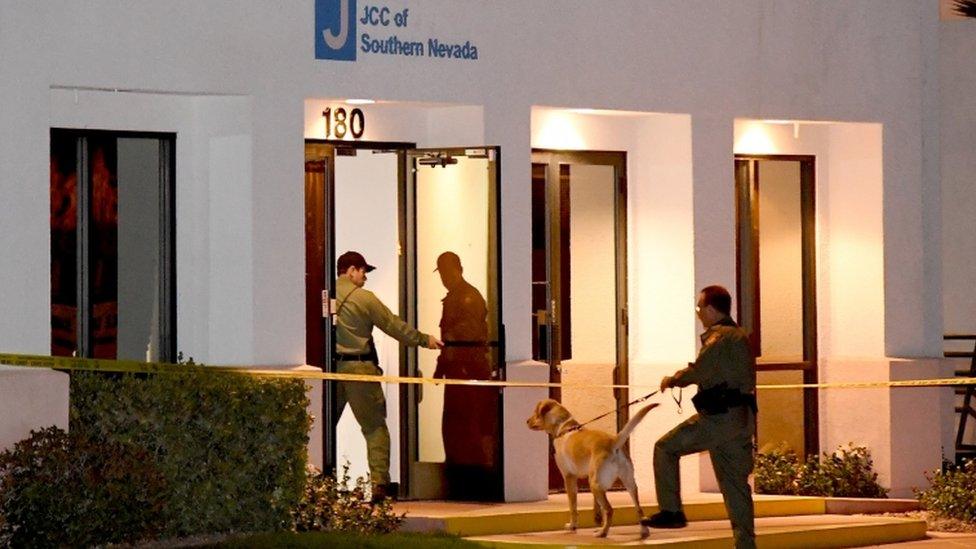
- Published2 March 2017
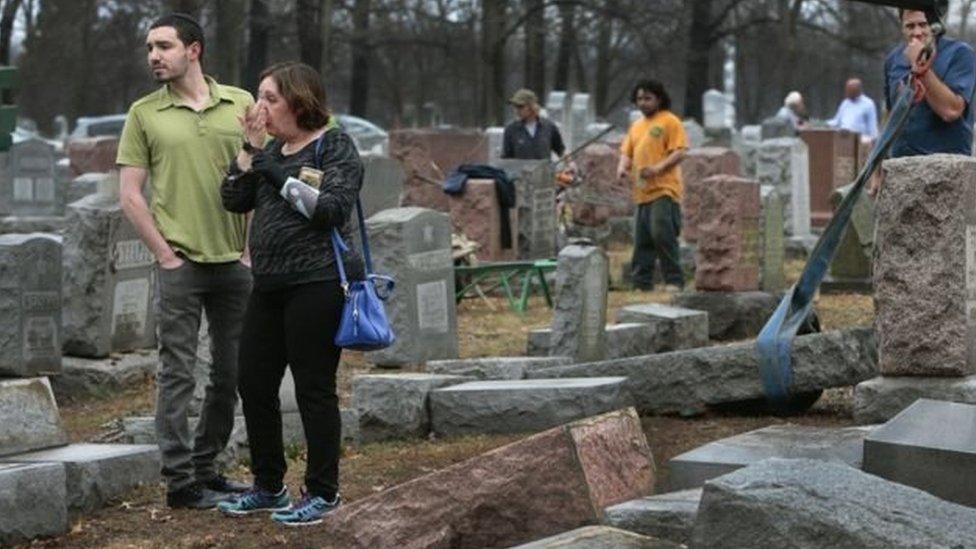
- Published23 February 2017
